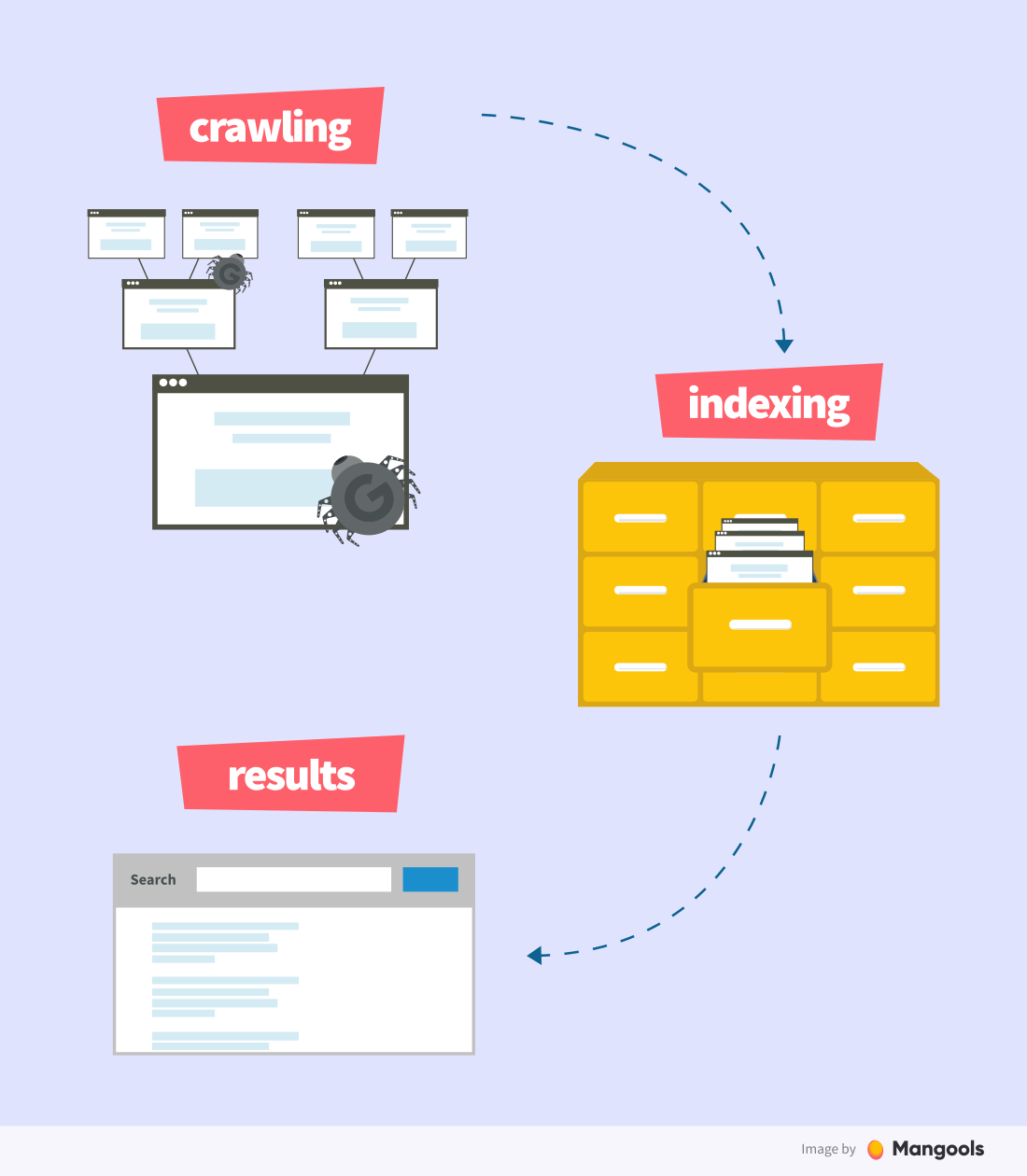

#All2mp3 flac files coming out zero bytes free#
VSDC Free Audio Converter: Very easy to operate, supports many audio formats, but the installation process is prolonged. You have to convert the FLAC audio file to MP3 format through some program without losing quality, I have concluded some many options for you to choose. So if you ever wanted to convert the AAC to mp3 to share with someone, you're changing a format that has already cut out some of the file to another type that will cut out even more of the file. The downside to this is that it is a lossy format, and it's highly frowned upon to convert a lossy format like AAC or mp3 to another lossy format. You can get the same quality as mp3 at a smaller file size, or higher quality at the same file size. It's a far more modern and higher quality format that mp3, but Apple devices can handle it fine. The upside to this method is that you get to retain the lossless files, and you can always rip them down to mp3 later if you need to share them.Īnother option would be AAC. XLD can convert the FLAC files to ALAC, which you can add to iTunes and iTunes will handle them fine. That's Apple Lossless Audio Codec, which is an Apple version of FLAC.
#All2mp3 flac files coming out zero bytes mac#
It's supported very broadly, so if you plan on sharing the files, it's not the worst way to go, but on a Mac you have better options. But, without a better understanding of what is to be accomplished. Note that the original location of the file cannot beĭetermined from the resultant copy, if it is not located in the root folder of the search. As configured, subfolders are searched and duplicate file names are overwritten. Set destination="C:\somefolder\somewhere"Īn optional starting location and/or wildcard mask for the search can be provided as a command line input. For example, do you want to search a particular folder or a whole drive? What about subfolders? If subfolders are to be searched, what is to be done with duplicate named files,Ī more complete description of the intended outcome might be useful in formulating a response (see "How to ask questions in a technical forum" ).īut, going on the fundamentals of your question, here is a starting point off That's not much of a description of what you hope to accomplish. Is stopped short, the output file will contain the results up to the point the procedure was aborted. Otherwise, it still searches from the current active folder down. Set out="C:\somefolder\somewhere\zerofiles.txt"įor /r "%~1." %%A in (*.*) do if %%~zA EQU 0 echo %%~fA > %out%Ĭalled with a command line argument of "\" will cause the search to be referenced to the root of the current drive. Here is another approach that provides output as it goes, so that it So it may appear that nothing is happening. Wait - I think I know the problem! The search of a whole drive using the approach in the batch can take a very, very long time. To search the whole drive, either place the procedure at the root of the drive or run it from the command prompt with "C:\" (or D:\ or X:\, etc.) as the command line argument. Are you running it at a command prompt and providing an input location as a command line input? Without the input (say when double clicked in explorer), it will just search the folder in which the procedure is located (and any subfolders, if present).


 0 kommentar(er)
0 kommentar(er)
